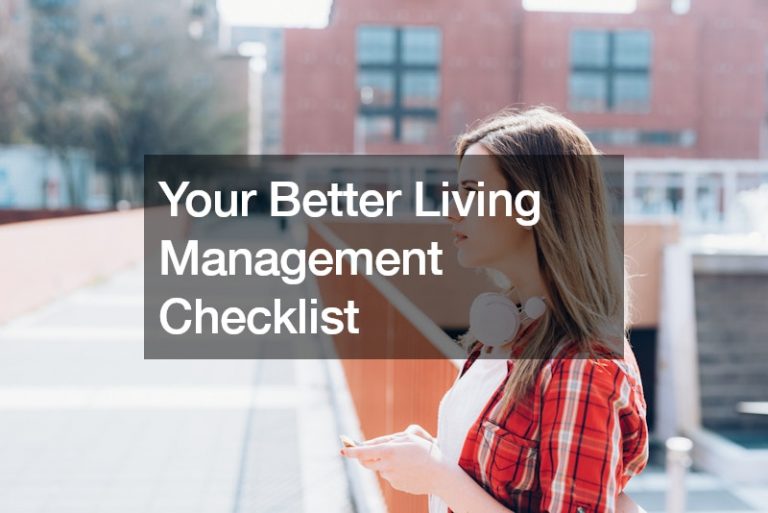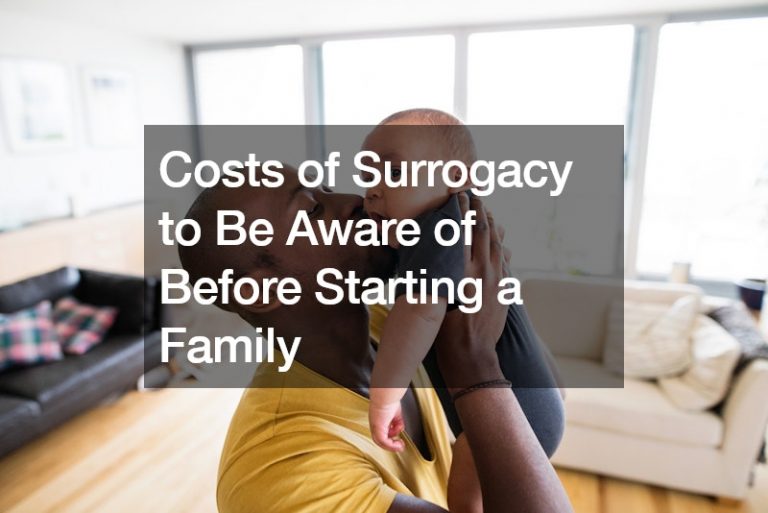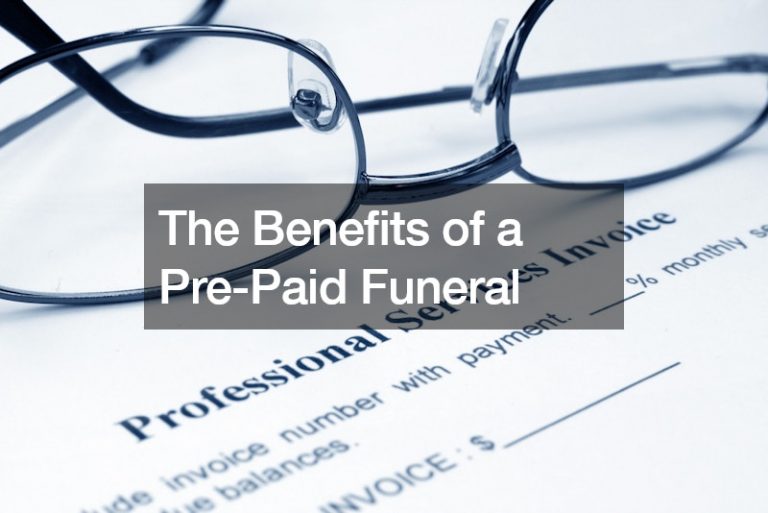The City of Melbourne is home to diverse cultures. According to the city website, Melbourne’s community consists of people from around 140 cultures, from indigenous citizens to migrants from Africa, Asia and Europe. As of 2018, the city’s population had reached 5 million, with 2 million of them being born overseas.
Melbourne is one of the world’s most liveable cities, which is why it is a popular place for expats to move to. The city is a sport, arts and culture hotspot, and it gives access to several work and education opportunities.
For expats planning to move to Melbourne to start a new chapter of their lives, adjusting to different cultures can be overwhelming. This is what expats can expect when they start living in Melbourne.
Housing
There are various accommodation options in the city, from studio apartments in Carlton to house and land packages in Melbourne’s northern suburbs. Expats can search for accommodation through real estate agents, or through real estate websites.
Many expats opt to rent apartments because of the large supply available in the city. Families will find more affordable rental houses further out from the business district. Rental prices differ, with modern high-rise apartments in the city centre costing more than houses in the suburbs.
Rent is usually payable to the real estate agent or landlord on a monthly basis. This rent is exclusive of utility bills which are paid separately.
Transportation
It is expensive to own and maintain a car in Australia. According to Budget Direct Insurance, the average two-car household ownership costs added up to $15,807 in 2017. Australians who own cars also spend an average of $71.50 a week on fuel costs.
Getting around Melbourne via public transportation is convenient. The city boasts the largest tram system in the world, the second largest train network in the country, and over 300 bus routes. Residents get around the city using a myki card, a reloadable smart card that serves as a ticket to the city’s trains, trams and buses. This card is purchased and reloaded online or in newsagents and convenience stores.
Education
School enrolment is required for all children living in Australia aged 5 to 16. All students are entitled to a free education at a state-run school. Primary and secondary schools have four terms per school year, starting from January and ending mid-December. Admission criteria differ from school to school and are based on academic standards, the proximity of the student’s residence to the school or religious affiliation.
Melbourne provides a range of services to assist international students. Students can approach a friendly tourism team member at the Melbourne Town Hall to get their Student Welcome Pack. This pack contains guides, brochures, maps and public transport information. The city also has multilingual information lines that give access to translators and information in different languages.
Work
Melbourne boasts various job opportunities, with in-demand jobs including electrical engineers, child care workers and chefs. Interested applicants need to be assessed by Victoria’s Overseas Qualification Unit to have their qualifications secured in Australia and to secure work.
Expats who are used to a more formal workplace need to adjust to a more casual setting in Melbourne. First-name basis with colleagues is a norm, and one’s capability and positive attitude are more important than qualifications.
The City of Melbourne ensures that its expat residents can live comfortably in the city. Expats can get access to multiple work and educational opportunities, and enjoy high-quality living that the city is known for.
A pet definitely brings happiness and health benefits to a family. If you decide to bring a new pet to your home, make sure to provide an environment that keeps it safe, happy and healthy.












